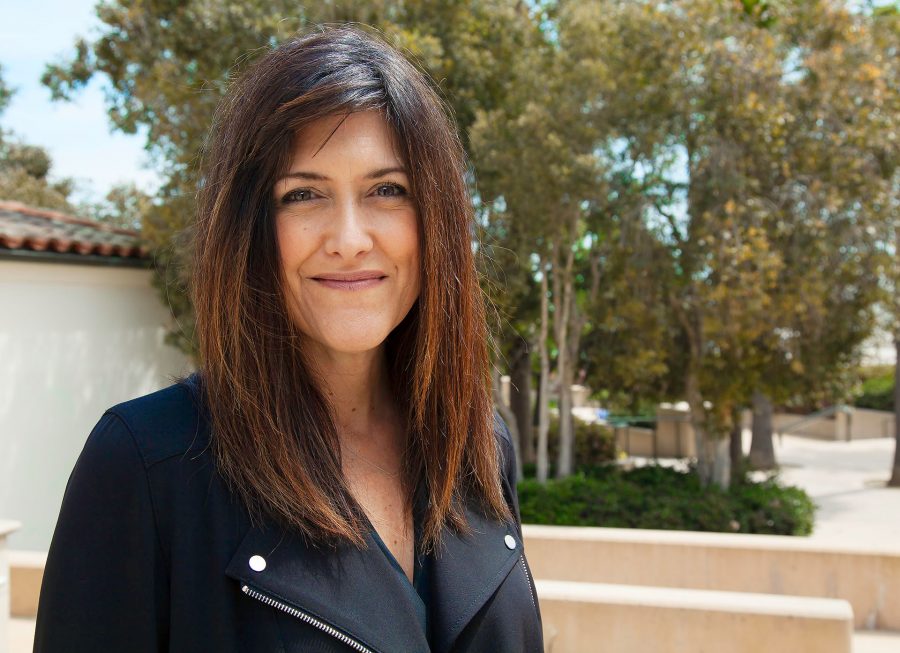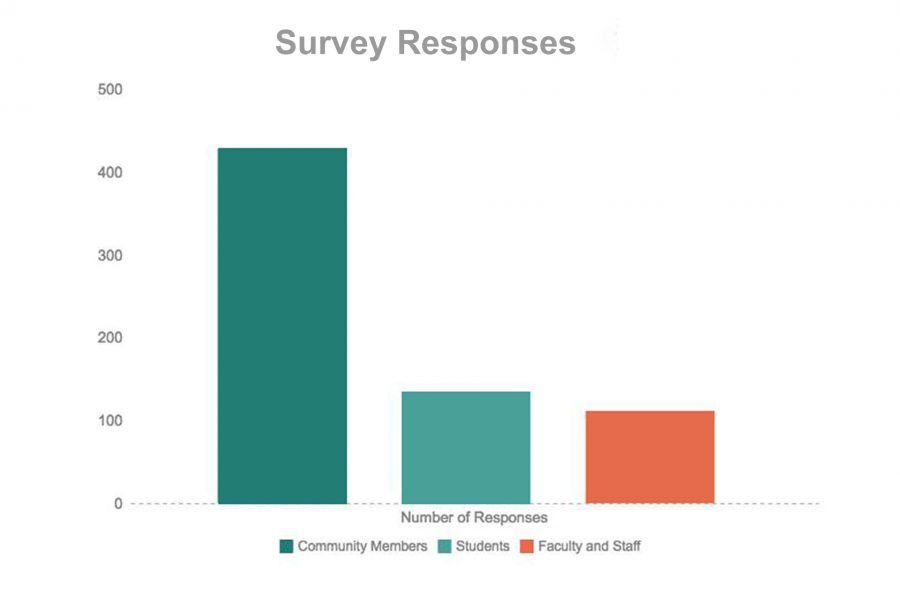The controversy over the mysterious mental health counselor expense on the health services budget reached a tipping point last week after the student senate approved use of some of the funds in a bid to correct a mistake discovered by the department’s director earlier this year.
But after a presentation from Director of Health Services, Susan Broderick at last Friday’s meeting of the Associated Student Body, the matter of the budget error was a secondary issue.
Senators listened as Broderick pressed the acute need for a facility retrofit that would accommodate the increased need for health services among a growing student body.
The student senate voted at the meeting to approve use of student health funds to pay for half of the expenses for the position for the remainder of the 2009-2010 academic year, which runs through June 30.
Senators said they would only agree to this if the college district would investigate where else the funds could come from and determine by the end of the next academic year whether the health budget would absorb the expense.
Broderick appeared at the regularly scheduled student senate meeting, sitting in front of more than 20 officers, as well as Senate President Emily Harrington. And while she outlined the confusion in her office, as well as Superintendent-President Andreea Serban’s, the biggest issue on her mind was how her department is bursting at the seams.
Broderick reminded the current senators of a discussion she had with the student senate in 2008, highlighting the drastic need for a retrofit of the current space.
“We are in a huge need for expanded facilities,” Broderick said. “I was so pleased that I had unanimous support from the (then) student senate.”
Back then, Broderick said health services would need between $500,000 and $750,000 to modify their existing habitat in the Student Services building to hold more exam rooms and spaces for counseling. Since 2005, the number of student visits per year has increased 136 percent.
The $17 student health fee, which was also upped the same year from $16, is mandatory for all students enrolling in credit courses every spring and fall semester.
Broderick said with record enrollment, having hovered around 20,000 students in the last few semesters, brings higher amounts of demand for medical care.
The latest flu season, which started late last semester, brought in more students looking for temporary remedies. She said that with more students unemployed and returning to school, more are doing without health insurance and turning to her department as a primary center of care.
Since the 2005-2006 year, the number of student visiting the center for medical care or mental health counseling has increased from 11,953 to 20,827 in 2008-2009. Broderick predicts 28,235 student contacts will have been made by the end of the 2009-2010 term.
But there’s nothing else she can do without more space.
“The budget will withstand more personnel but there is no space for them,” Broderick said. Students are often crammed into the waiting area, and she said there is a wait of up to three weeks to see a counselor.
Senator Kevin Fock, vice president of external affairs, asked Broderick if the mental health counselor position could be cut back to part-time to save costs. Her short answer was no.
“We absolutely need a full-time counselor,” Broderick said. “We could use two if you ask me.”
Atty Garfinkel, vice president of senate affairs, heard Broderick’s initial warning of increased demand and need for more space back in 2008.
She was also among the first on the board to learn of the discrepancy involving the mental health counselor position.
It was in her investigation of the issue that she found that no previous senate representative to either Academic Senate or Board of Trustees could remember a decision to pay the position with student health funds.
At last week’s student senate meeting, she did not hold back in voicing her demands.
“I want our money put back and I want this a district-funded position,” Garfinkel said. “I want an apology from the person responsible. You don’t touch student money without asking.”
When Garfinkel found out the district is asking for student health funds to pay for the position retroactively, she let out a loud “no.”
In order for student funds to be used for the position, the student senate would have to approve the decision. Then the academic senate and College Planning Council would also have to give their OKs.
Garfinkel made a motion immediately following Broderick’s presentation that would allow student health funds to pay for half of the positions expenses from now until the end of the academic year. The rest of the costs would be paid for through the college.
And next year’s student senate would be allowed to research the issue in order to determine how the position would be paid for in the 2010-2011 year.
The motion passed with unanimous support. But some senators were still hoping to get to the bottom of the problem and how the funds could have been allocated without their knowledge, let alone approval.
Broderick is beyond that.
“I have to accept that we may never know why,” she said. “But a mistake of this magnitude requires a response.”
She echoed requests from Garfinkel and others to have a better understanding of the school’s financial situation when it comes to faculty.
“I would like to see a complete transparency in the budget,” Broderick said, “to see that it could come from nowhere other than the student fee budget.”
She said the college still had roughly $16 million in reserve funds.
But college officials, including Serban, seem reluctant to immediately reverse this decision and correct the problem before the end of the academic year.
“I really feel like I work for the students,” Broderick said. “I will advocate for the students until my dying day.”












